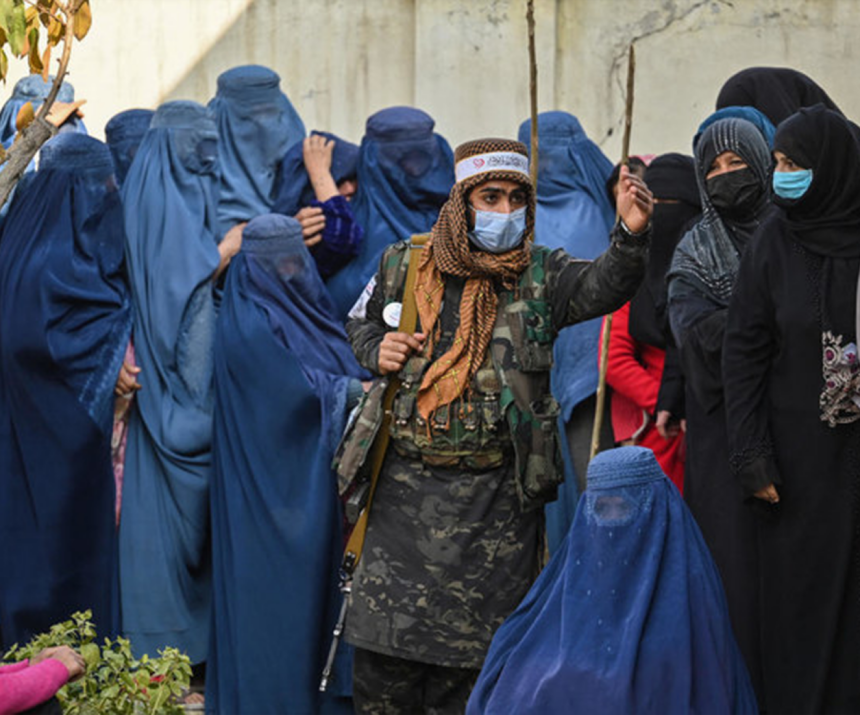RASC News Agency: On July 30, four women representing Afghanistan will address the U.S. Congress, discussing the critical situation faced by women in their country. Heather Barr, the head of the Women’s Rights Division at Human Rights Watch and one of the speakers, stated that the session aims to urge the United States to increase financial support for human rights defenders in Afghanistan and to hold the Taliban accountable for their egregious violations against women and girls.
“Our primary demand from the U.S. is to act as an ally to Afghanistani women and to ensure the Taliban are held responsible for their atrocities,” Barr asserted. One of the key points these women will raise is the criminalization of “gender apartheid” as part of their demands before the Human Rights Commission of the U.S. Congress. The session, organized by the Human Rights Commission, will provide a comprehensive overview of the current conditions faced by Afghanistani women.
Key participants include Rina Amiri, the U.S. Special Envoy for Afghanistani Women, Girls, and Human Rights; Heather Barr from Human Rights Watch; and Afghanistani women’s rights activists Mitra Mehran and Wahida Amiri. These activists will provide detailed testimonies about the ongoing challenges faced by women in Afghanistan. Heather Barr described the upcoming session as a pivotal moment for shaping U.S. policy towards Afghanistan. She emphasized the need for the U.S. to hold the Taliban accountable for their crimes against women and girls, suggesting that this could include pursuing cases in the International Criminal Court.
“We will explore various avenues for holding the Taliban accountable for their crimes, including the possibility of pursuing legal action through the International Criminal Court,” Barr explained. Among the key proposals to be presented are the establishment of a permanent office for Rina Amiri, securing financial support for Afghanistani human rights defenders, facilitating asylum processes for Afghanistani women and girls in the U.S., recognizing gender apartheid as a criminal offense, and ensuring accountability for the Taliban’s actions.
Barr emphasized, “Tomorrow’s session in the U.S. Congress is a critical opportunity to remind the U.S. of its unfulfilled promises to Afghanistani women.” Afghanistani citizens, particularly women and girls, view such discussions as crucial, given the extensive restrictions imposed by the Taliban, which have significantly impacted their lives. Many women and girls stress that they are denied their most fundamental rights in Afghanistan.
The U.S. Congress’s Human Rights Commission previously issued a statement highlighting the deterioration of conditions for Afghanistani women and girls since August 2021, noting the Taliban’s severe and inhumane restrictions, including the denial of education and employment opportunities.






